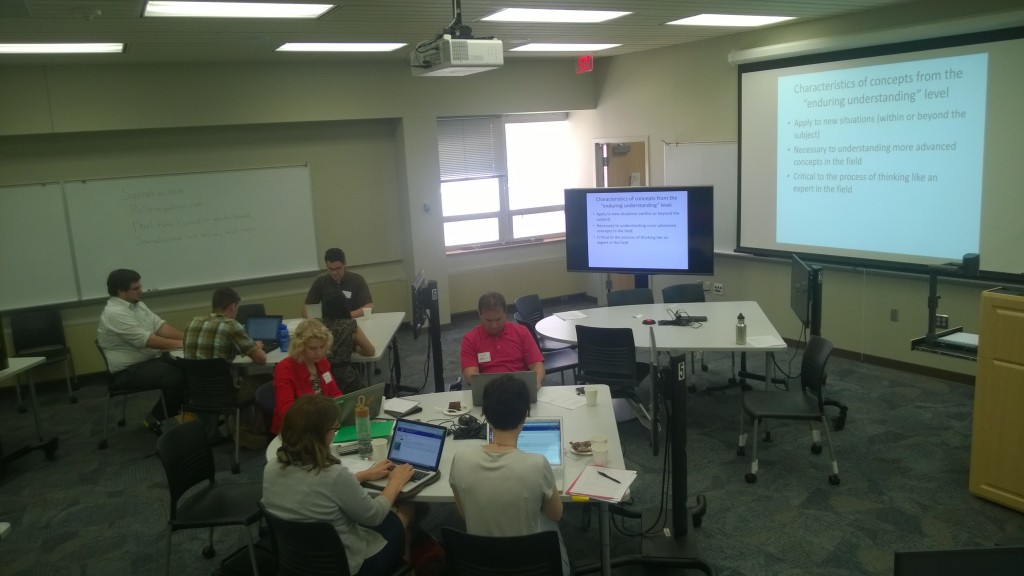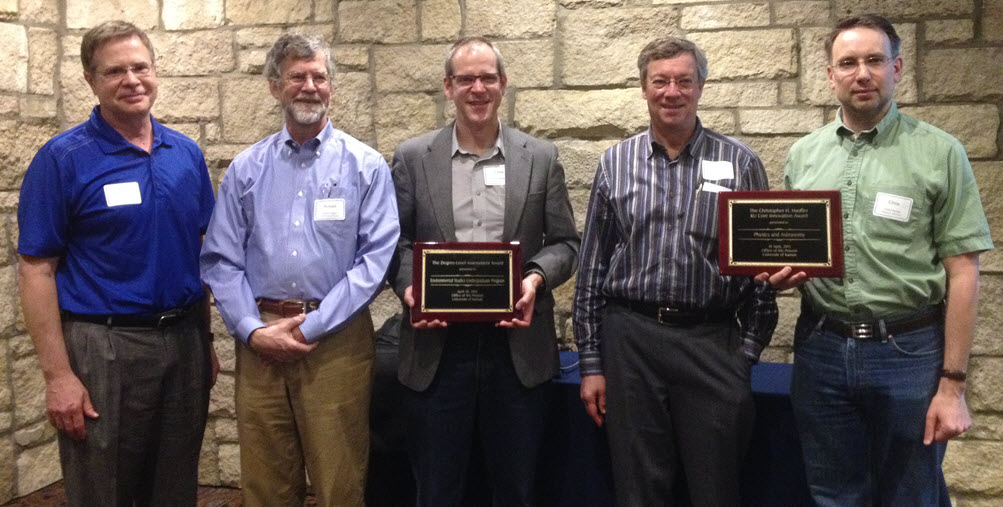We need to do a better job of explaining our teaching
We need to do a better job of explaining our teaching
A session from an education conference I listened in on last week reminded me of the parallels between teaching and editing.
That might seem strange, but bear with me.

